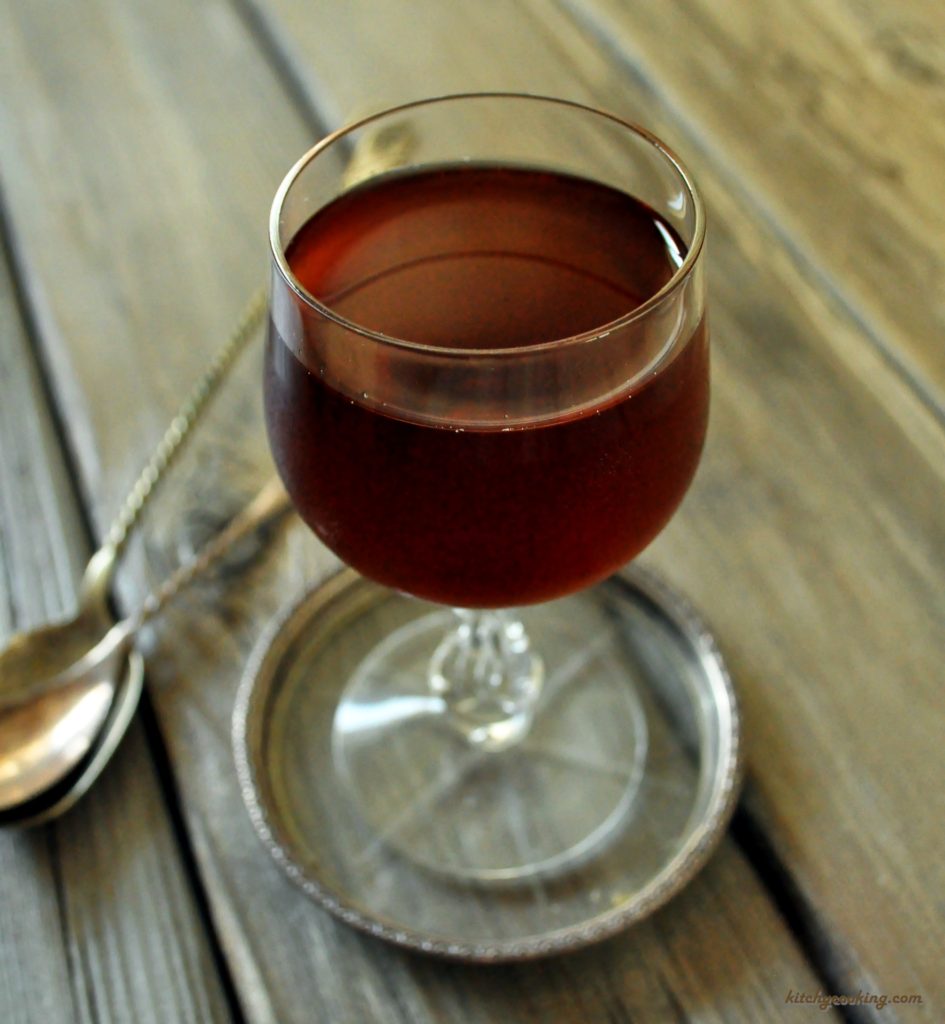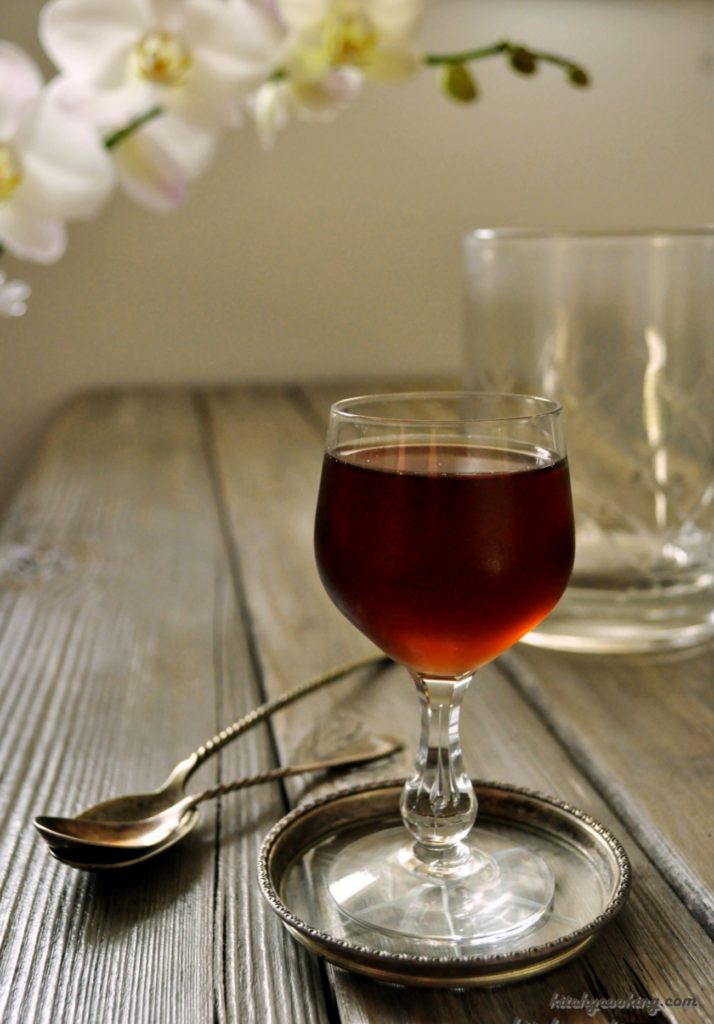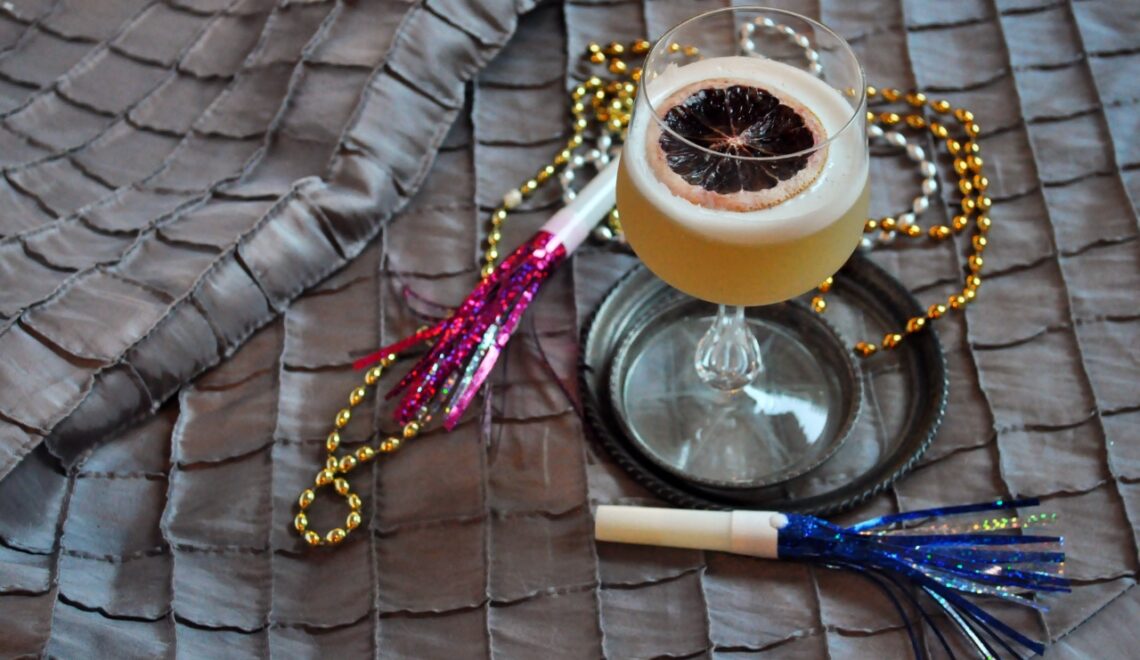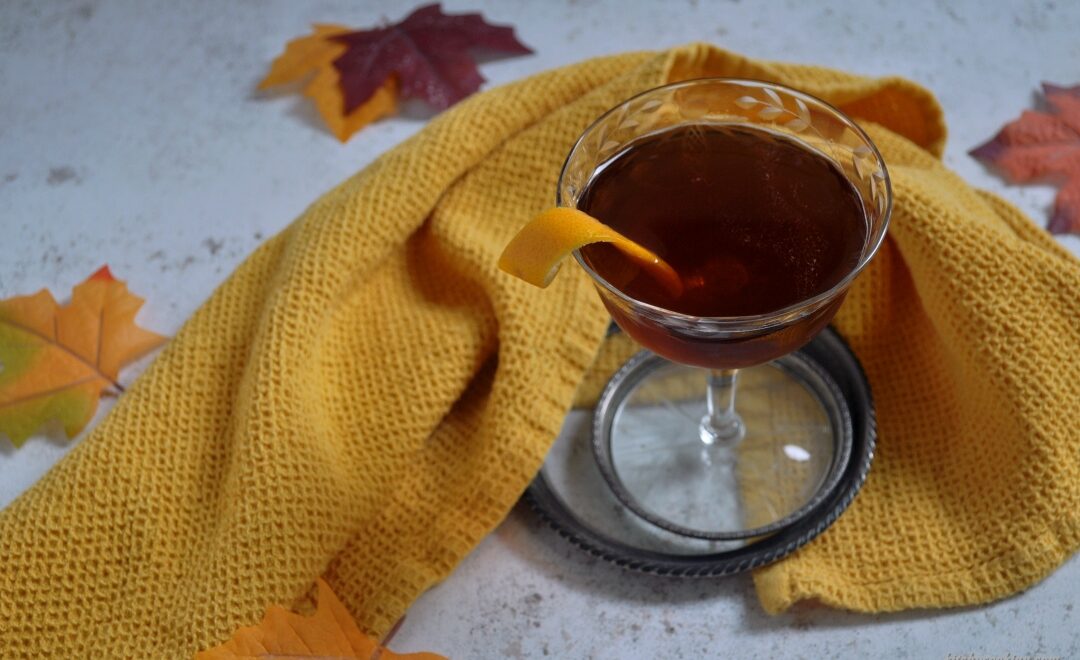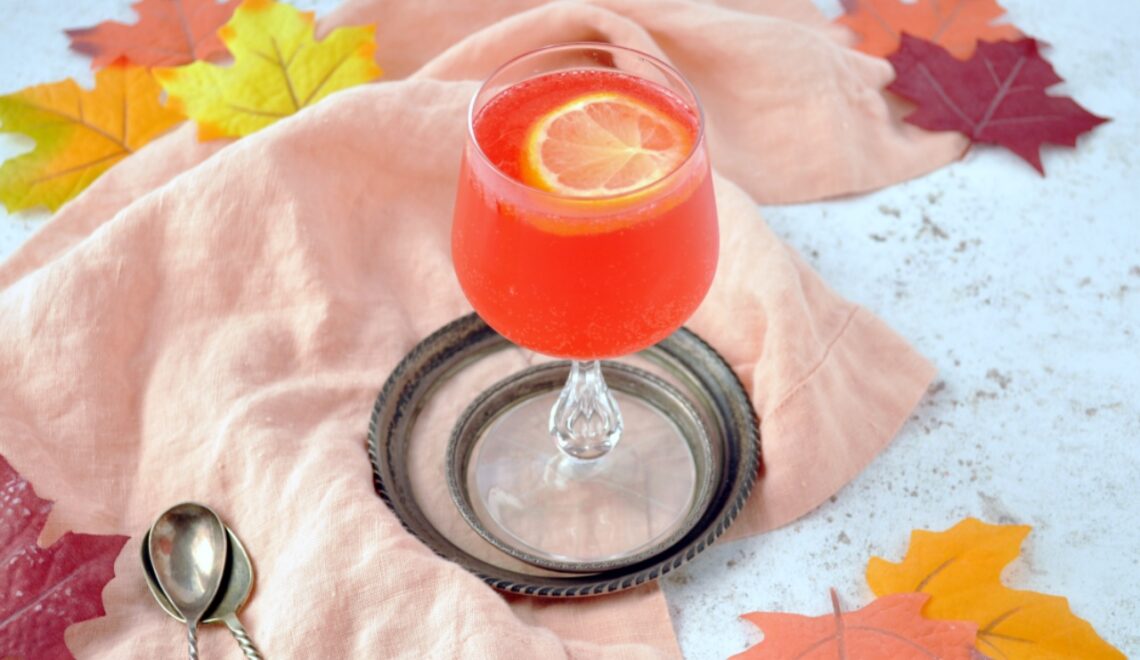Vermouth Cocktail
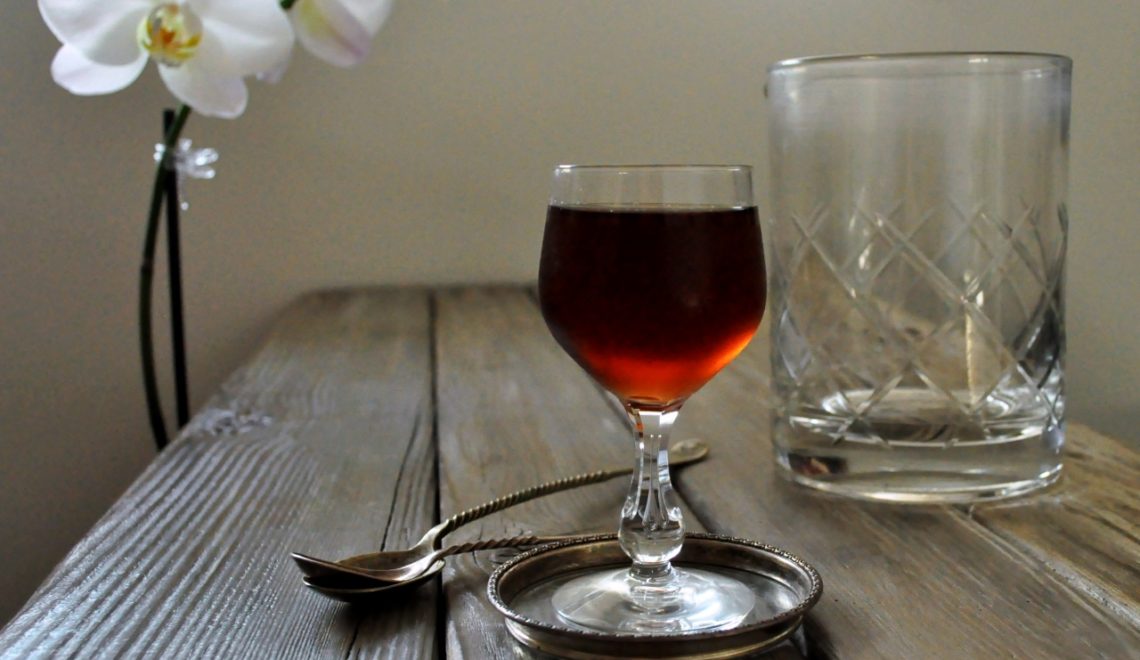
Yesterday was National Aperitif day and spritz season has already started. So, I thought today, I’d talk about aperitif cocktails. A cocktail that’s imbibed before dinner, with or without an appetizer, the aperitif has a bittersweet flavor that stimulates the production of gastric juices thereby getting you and your palate ready for the meal ahead.
Campari and Aperol are the two most well known aperitifs out there. Made with citrus and herbs, both are bitter and take a little getting used to. Maybe that’s why I’m not a Negroni fan. I love gin but the Campari is so bitter, I just can’t handle it. Aperol still has a bitter bite, but it’s significantly more subtle and even slightly sweet, making it much more palatable, especially when paired with soda and prosecco. Both cocktails are insanely popular and make for great happy hour options. But they’re not the only choices out there.
Dubonnet and Lillet are two aperitifs that are often served on their own. Both are dry and herbal with secret recipes, all classic components to an aperitif. Then there’s the one that I use the most and yet had no idea was an aperitif: Vermouth. Constantly used as a mixer in Martinis and Manhattans, Vermouth is that bottle that sits on your shelf in your fridge and only comes out when you wave it over your very dry martini. But believe it or not, Vermouth should actually make a much more frequent appearance.
There are two types of Vermouth: French or Dry Vermouth and Italian or Sweet Vermouth. (More recently there’s also Blanc Vermouth which, while still dry, is slightly sweeter than the French.) Just as their titles suggest, one is dry and the other is sweet. Even though they have very different flavor palates, they’re absolutely part of the aperitif family. Like a lot of aperitifs and digestifs, Vermouth started as a medicinal elixir made by Italian pharmacists and monks. By the 19th century, Vermouth was no longer considered a medicine but was being imbibed all on its own, sometimes with a splash of soda or a twist of lemon. Eventually bartenders started adding them to cocktails and here we are. But if you’re interested in heading back to yesteryear (and honestly, after the year we’ve had, who isn’t) you could mix up a Vermouth Cocktail.
Although it’s called a cocktail, there’s really not a lot to it. The main ingredient is of course Vermouth. But since we’re no longer living in the 18th and 19th centuries, a few other ingredients have been added. And when I say added, I mean a mere dash or two. It’s really just to add a little flair. The end result is a sweet cocktail that’s big enough to wake up your appetite, but small enough to enjoy another, stronger drink with dinner. So, the next time you’re trying to figure out what to mix up for happy hour, skip the liquor cabinet and go to the fridge (where your Vermouth should be). Try a Vermouth Cocktail, I think you’ll be pleasantly surprised.
Ingredients
- 2 ounces Sweet Vermouth
- 1 dash Luxardo Maraschino
- 1 dash Absinthe
- 1 dash Angostura bitters
Instructions
- Place all ingredients in a mixing glass. Add ice and stir until chilled. Strain into a small aperitif glass and enjoy.

